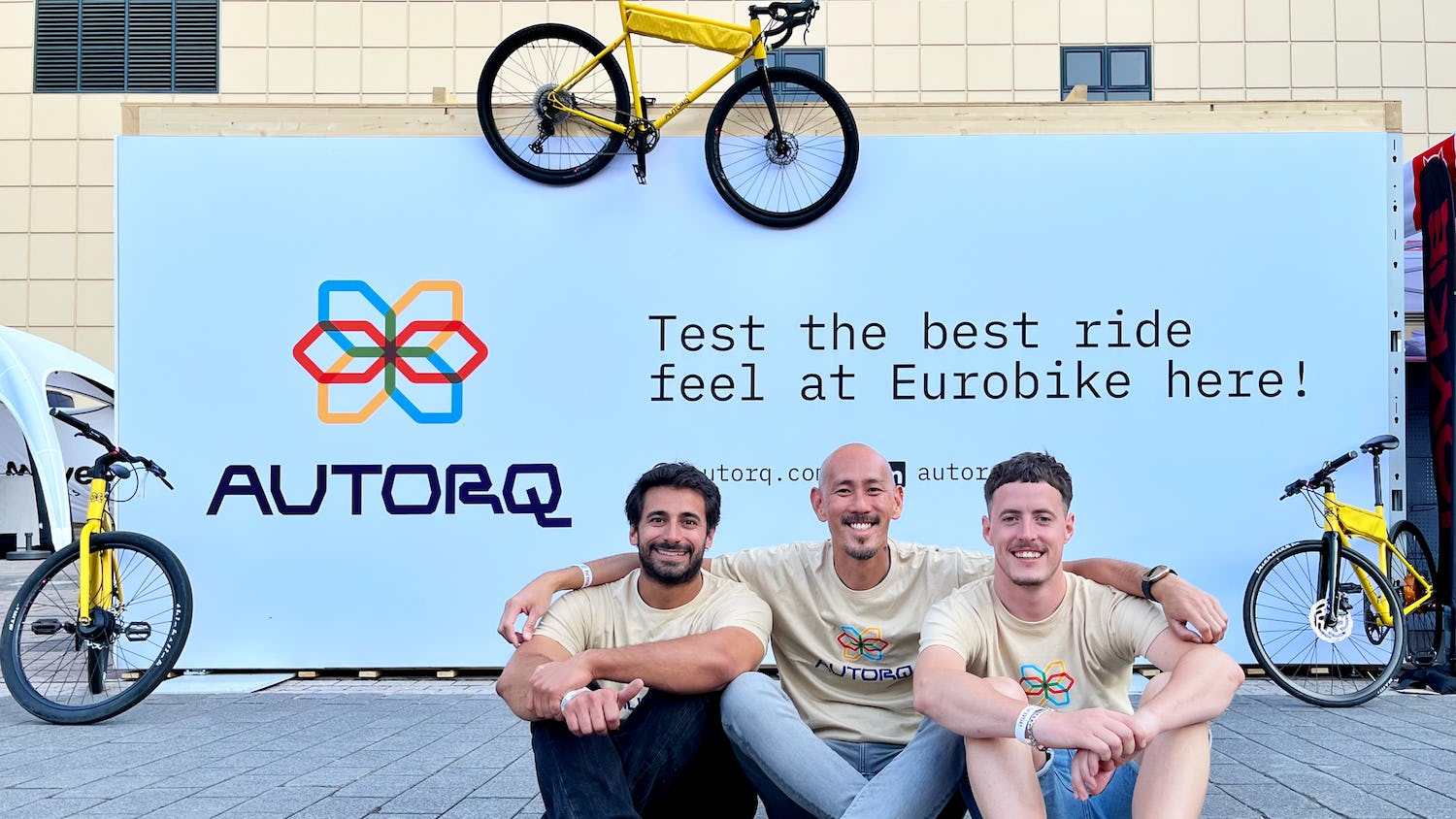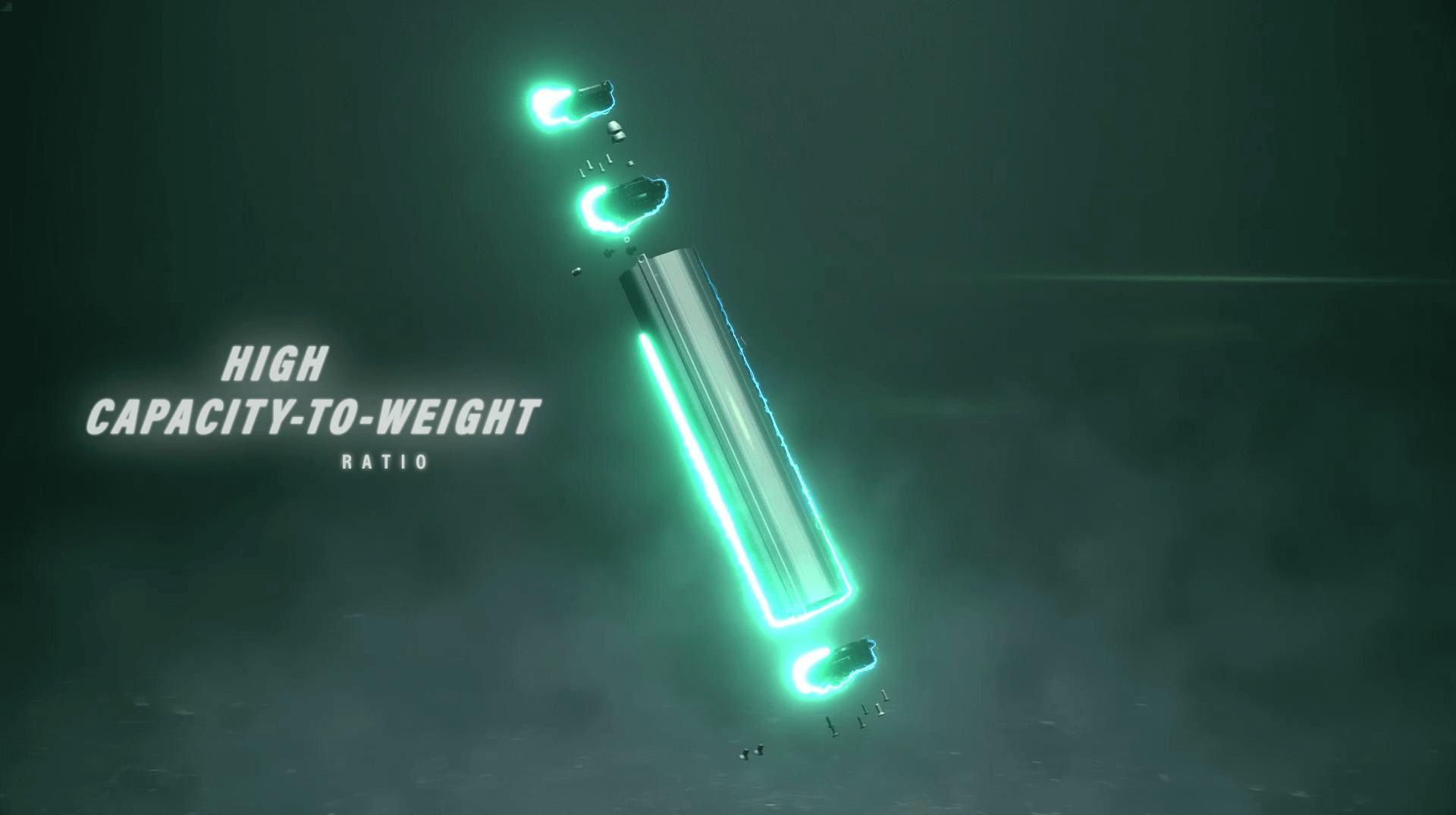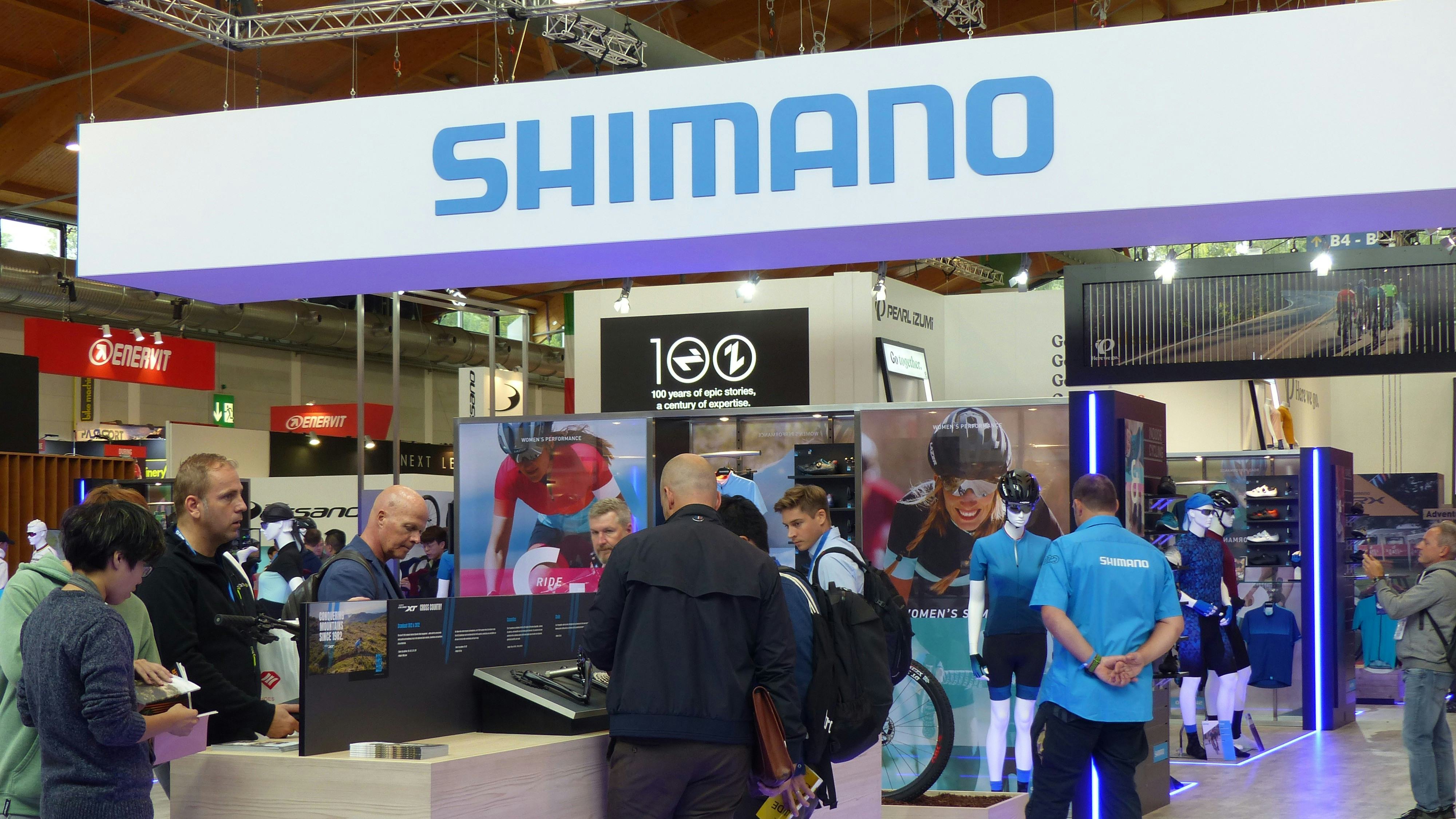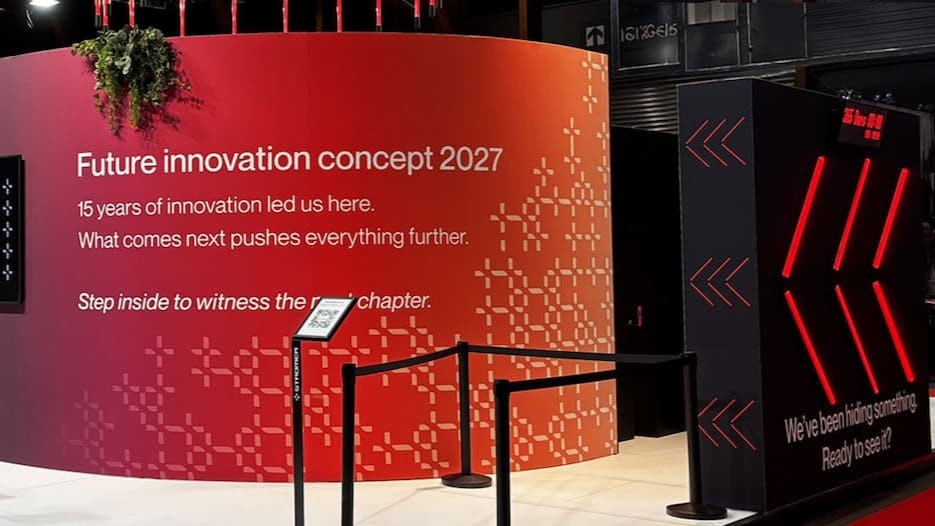For years, e-bike manufacturers have faced a dilemma: to go for mid-motor systems that excel in providing high torque at low speeds and more power through the drivetrain, or opt for hub motors that deliver a continuous power flow directly to the wheels without providing large power peaks. Whereas the decision was often in favour of the mid-engines, hub motors are reclaiming their reputation.
“The market has evolved over the last four to five years. Initially, the focus was largely on mid-motor systems, but we’re seeing a shift. More and more brands are launching e-bikes with hub motors, capturing a market hungry for lightweight bikes and bikes with a more authentic riding experience. Additionally, we also see more and more speed pedelecs with hub motors on the market,” Joel Pinheiro says. He is the Director of the Portuguese subsidiary of AUTORQ, an international company with offices in Singapore and Portugal, specialising in accurate, reliable and efficient torque sensors used in hub motor systems.
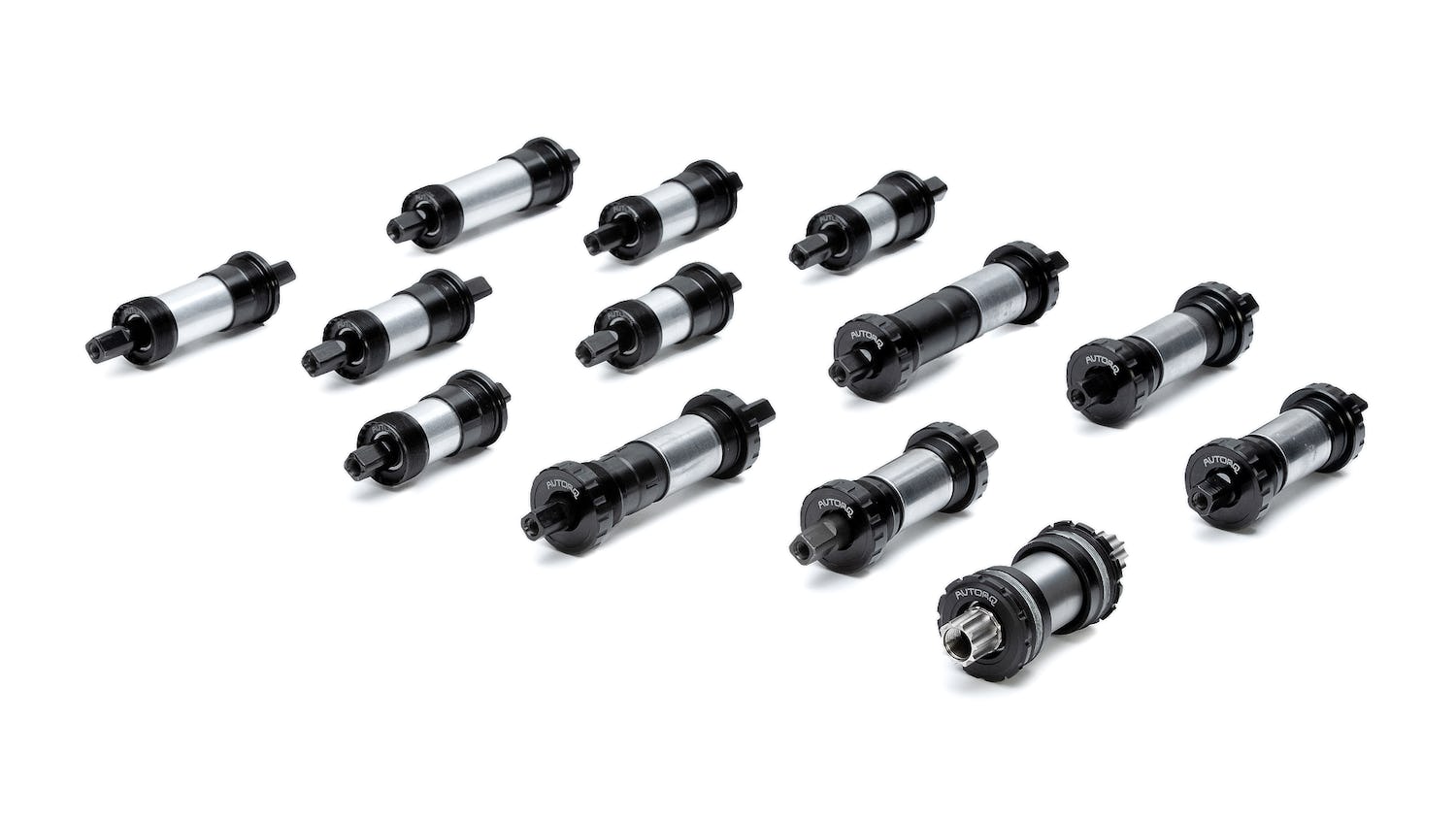
Why torque sensors matter in lightweight e-bikes
Torque sensors play a crucial role in many of today’s e-bike hub motor systems – whether it’s lightweight e-bikes such as city, gravel, road and trekking e-bikes or powerful e-bikes such as cargo bikes or s-pedelecs with support up to 45 km/h. They measure the rider’s pedalling force and provide data to the e-bike’s control unit, which then can adjust the motor’s output accordingly. “The result is an accurate response to the rider’s input, which ensures a seamless, responsive ride feel that mirrors a traditional cycling experience – with an added electric boost,” Pinheiro explains.
He also emphasises the importance of torque sensors for lightweight e-bikes: “Torque sensors not only enhance the ride feel but also play a crucial role in the efficiency management of a drive unit. More efficiency allows for smaller battery sizes and thus reduces the bike’s overall weight. On the other hand, smaller batteries and less overall weight give the designers more freedom. The result is lighter and also more stylish e-bikes.”
More efficiency allows for smaller battery sizes and thus reduces the bike’s overall weight”
How powerful e-bikes benefit from high-quality torque sensors
While light e-bikes benefit from higher efficiency, powerful e-bikes such as speed pedelecs benefit from other advantages of the technology: “Because of their extra power and weight, those e-bikes need good controllability, which is supported by reliable torque sensors. Additionally, torque sensors can increase the lifespan of the components – another big factor in this sector since the increased power means more wear and tear on brakes and transmission components such as the chain, as well as on electric parts,” Pinheiro explains, referring to the lower reliance on brakes for speed control and the reduced peak current on the battery.
The battery capacity is the third argument for equipping s-pedelecs with premium torque sensors. “While the greater accuracy of the sensors ensures that light e-bikes can be fitted with smaller batteries, speed e-bikes can use the extra space for additional watt-hours. The result is a greater range, which is particularly important for these e-bikes, which are often used for long commuting distances,” Pinheiro says.

AUTORQ’s torque sensor portfolio
With its approach of providing high-quality torque sensors to bicycle brands and drive unit producers, AUTORQ offers a wide range of products that are compatible with most frames and available for different bottom bracket widths (68-120 mm), bottom bracket standards (BSA and T47) and crank interfaces (ISIS and JIS cranks). “All products are characterized by a very high accuracy and precision when it comes to the signal, great reliability and – at the same time – an easy assembly procedure,” Pinheiro says, emphasizing that his company’s range supports any bike design, providing designers “the freedom to create without limitations”.
Additionally, AUTORQ’s partners benefit from the company’s more than ten years of experience: “Since our start in 2012, we have built up great expertise in this area. Moreover, we are all passionate bike riders and know what matters when it comes to the riding experience of an e-bike,” Pinheiro explains and refers to his company’s successful presence at Eurobike where he and his team have received a lot of positive feedback over the last years from riders who tried the AUTORQ system on the test track. “They said that the bikes with our torque sensors had the best ride feel due to our e-bike knowledge and our know-how when it comes to electrical engineering.”
The future is bright and light(weight)
As for what’s next, AUTORQ has two new products under development, which promise to be highly innovative. While the details remain under wraps, their focus is clear: to continue pioneering in a market that increasingly values specialized, high-quality components. “Stay tuned to our LinkedIn page for upcoming announcements,” says Pinheiro, smiling. “We have exciting developments in store that will keep pushing the boundaries of what’s possible in e-bike technology.”
This article is sponsored by AUTORQ.

